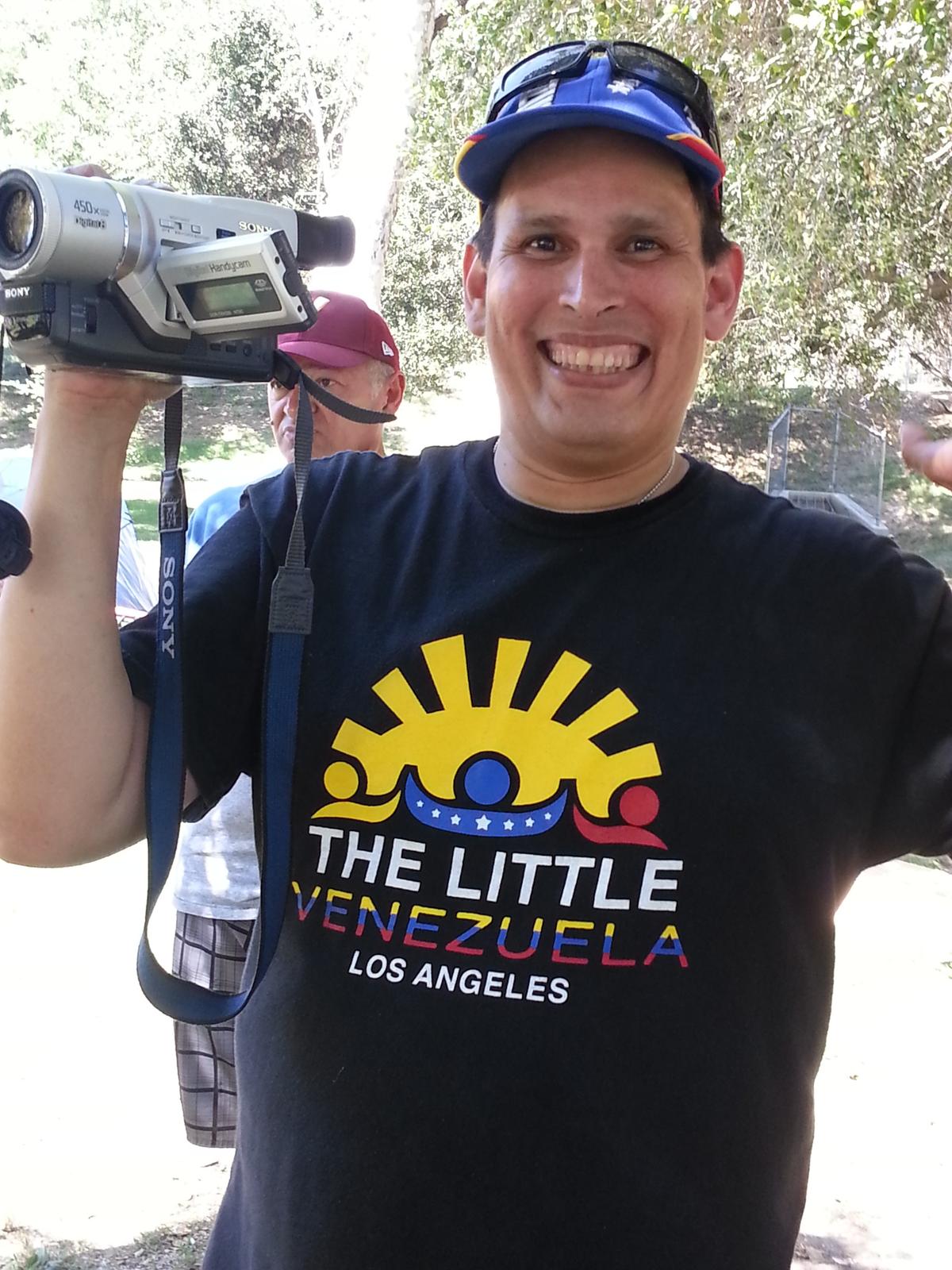LOS ANGELES—In unity there is strength. No need to tell that to Dassler Dazha, a former telenovela actor in his native Venezuela and present-day floral designer in Los Angeles. Dazha is the dynamo-in-chief behind the movement to scrub up a stretch of eyesore along Western Avenue, between Santa Monica and Hollywood Boulevards, in Los Angeles, and label it “Little Venezuela.”
The envisioned enclave expects to sparkle with cafes, art galleries, and trendy shops in the vein of Sabana Grande, a Greenwich Village-like strip in Caracas.
“Little Venezuela will bring people of Venezuela in Southern California together in one small area,” states Dahza, “to let us forget all that is happening in Venezuela [political and economic unrest] and to celebrate our culture.”
It is to be the first community of its kind in the United States, he claims, aside from Doralzuela, an endearing term for Doral, Fla., home to the largest Venezuelan community in the United States.
Dahza’s anticipated completion of the project within the next 3 to 5 years appears to be uphill considering the lack of funding and coalescence of people to work alongside him. The path also needs to satisfy bureaucratic hurdles. None of this seems to deter him.
The concept for Little Venezuela draws inspiration from the many ethnic communities in Los Angeles such as Koreatown and Little Armenia. “If they can do it, so can we,” Dahza says.






